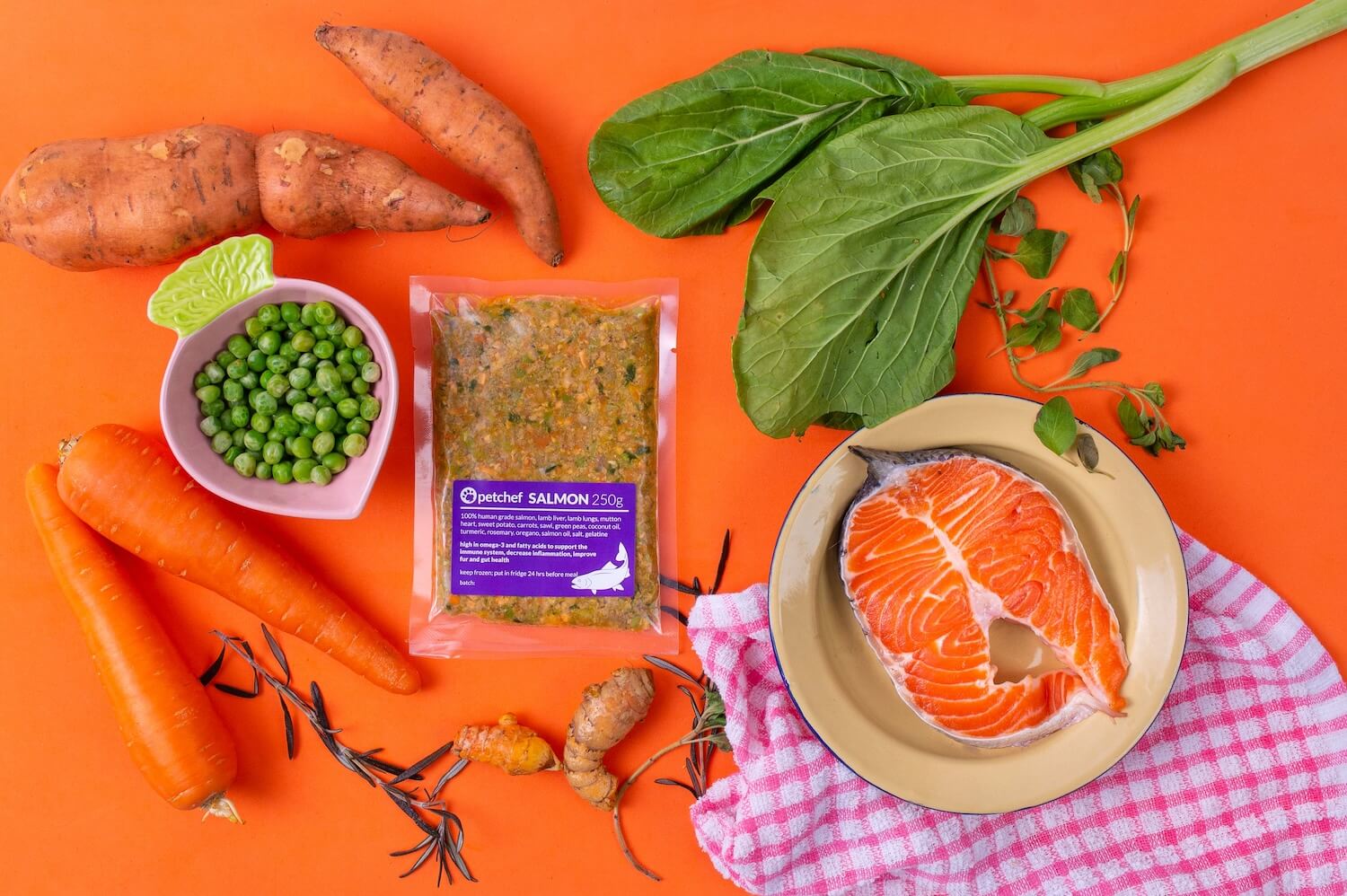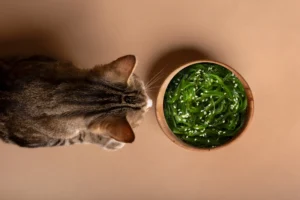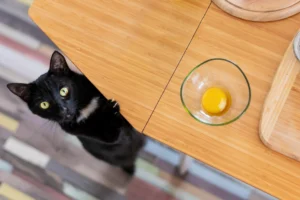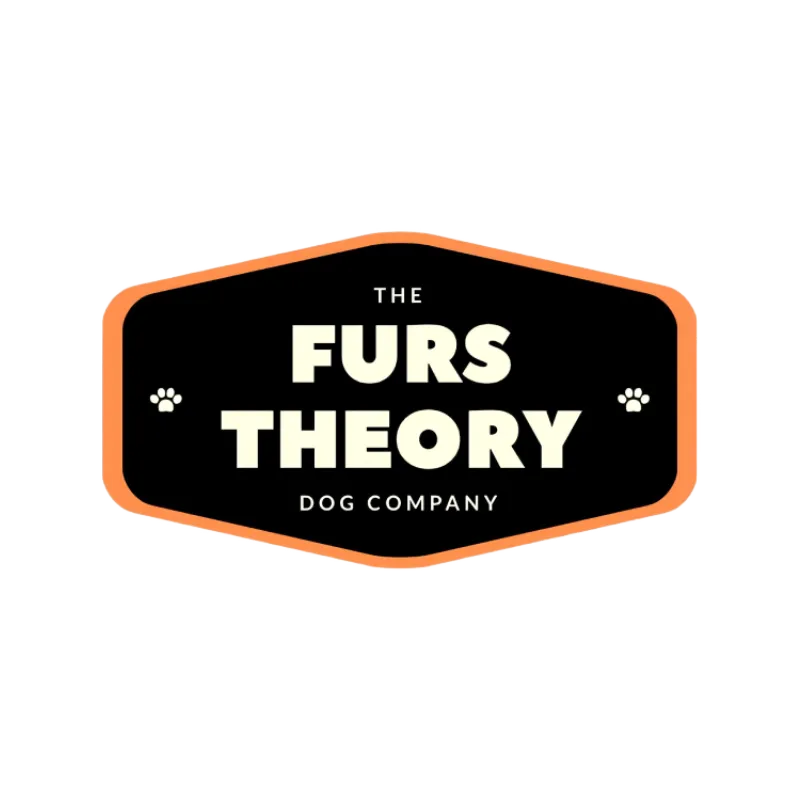Our doggos may be the perfect depiction of sunshine, rainbows, cotton candy and everything else that reminds you of sweet happy experiences. But it would be a little odd for them to smell that sweet.
They’ve got their own musk, an Eau de Pooch if you will.
It’s a result of their perspiration from their paws and hair follicles as well as oils that are essential for the health of their skin and hair. The glands at their ears and butt also secretes a yeasty and musky odour respectively which adds to their overall scent.
This combination of scents is what gives each doggo their specific smell and helps them tell each other apart.
But natural scents aside, you may notice that your dog’s smelling extra smelly at times. Here are some reasons that may be contributing to that stink, broken down into breath, nooks and crannies as well as skin categories.
Breath
For if you receive a bouquet of stink when your doggo boops your snoot with theirs.
1. Dental Problems
Just like in humans, the number one cause of bad breath in dogs is plaque and tartar build up on their teeth. This is due to the lack of dental hygiene or certain physical attributes such as having crowded teeth and Gingival Hyperplasia (the overgrowth of gums).
The overcrowding of teeth and overgrowth of gums creates dental pockets that allow small bits of food to hide in, decay and produce a rotten smell.
If the condition is serious, your dog may need a visit to a vet to have them cleaned. Otherwise, routine brushing of your dog’s teeth may help to lessen or slow down the buildup of plaque and tartar.
2. Kidney Disease
The dysfunction of your dog’s kidneys causes an inability to eliminate waste products from the bloodstream which then leads to a buildup of ammonia. As a result, dogs with kidney disease could have an ammonia-like or metallic odour to their breath.
Due to the decreased function of their kidneys, your doggo may be unable to absorb enough fluids to flush out the toxins, causing them to have increased thirst and urination as well as nausea, vomiting and a loss of appetite.
3. Diabetes
Pets in late-stage diabetes may also have a unique odour to their breath. If your dog is either not producing enough insulin or not using insulin properly, the body will be unable to digest the food for nutrients. Without adequate nutrition, despite how much they eat, the body will begin to break down itself for nutrients, which generates ketones. When your pup is creating ketones, the breath will have a distinctive odour, which some say smell like nail polish remover, while others say the odour is sweet.
Nooks & Crannies
For when the stank is being emitted from specific spots.
4. Ear Infections
Ears have their inbuilt systems to keep debris out of the canal and fight off bacteria. However, allergies or hormonal imbalances could cause an increase in yeast and bacteria amounts, causing a malodorous smell to develop.
Breeds that are more prone to ear infections would be the ones with hairy or floppy ears such as Basset Hounds and Springer Spaniels.
5. Urinary Tract Infections
This stink would be characterised by the smell of urine and other signs like an increased frequency to go outside, thirst and straining or experiencing pain while urinating. Blood may also be present in their urine.
Due to this infection, it may cause your doggo’s pee to leak hence the stench.
This should definitely warrant a call or a trip to your vet as strong urine smells may be due to kidney stones, diabetes or fungal infections.
6. Flatulence
A common “Whodunnit” situation that amuses us humans. If you’ve noticed an increase in farts produced by your furkid, chances are they might be facing an intolerance towards their food or an underlying medical issue.
You should check with your veterinarian on this and if you’d like to make a smooth transition to a grain-free and fresh food diet, feel free to reach out to us here!
7. Anal Sacs
When two doggos meet, this is what they be sniffing.
Anal sacs are small scent sacs that act as a type of marking gland. When these glands get impacted, it’ll cause pain and extremely smelly secretions to be released and remains on the fur.
Another tell-tale sign that your doggo’s having some issues with their anal glands is when they’re “scooting” around a lot more to drag his bottom on the ground and relieve that itch.
This definitely calls for an appointment with your vet to solve this issue.
Skin
When it’s physically noticeable and leaves a stink on your hands after giving them a good pat.
8. Improper grooming
Lack of washing, overwashing, type of soap or shampoo, brushing or combing are a few factors that could cause your doggo to not smell ideal.
When us and our doggos bathe, we strip natural oils from our skins. If our doggos are bathing too frequently, their skin and coat may be missing the required natural oils causing their glands to overcompensate and secrete even more oils. This then creates an opportunity for dirt, grime and bacteria to latch on.
Hence, it may be advisable to brush your dog between washes as it gets rid of dirt, dead skin cells, dried saliva and anything else that’s hiding in your dog’s fur. You should also thoroughly dry your doggo by the sun or a blower as towel drying isn’t a very effective method and could create a nicely damp environment for yeast and bacteria to live in.
9. Skin Infection
This stinky skin infection happens especially in dogs with wrinkly skin. Due to the close skin contact that creates a warm and moist environment, it’s perfect for the overgrowth of surface microbes such as bacteria and yeast. These organisms would then produce toxins which irritates, causes inflammation and breaks down the skin barrier leading to an infection.
It’s commonly seen in dogs that have had stress to their immune system and certain species such as English bulldogs, Shar Pei’s or pugs.
10. Seborrhea
Seborrhea is another form of skin infection characterised by excessive scaling and flaking or oily and greasy skin.
Primary seborrhea is often breed-specific and starts at a young age. Secondary seborrhea on the other hand occurs due to a multitude of other factors such as hormonal changes, allergies, infections (from bacteria, fungus or parasites), poor diet, obesity and environmental factors such as temperature and humidity changes.
Medicated baths are often prescribed by vets for primary and secondary seborrhea, as well as treatment for any of the underlying problems mentioned above.
11. Skin Allergies
Once again, an inflamed skin would lead to excessive oil secretion by the skin glands, producing a musty smell. It’s often attributed to food allergies or a poor diet that’s high in carbohydrates and processed foods like kibbles.
Grains and starches being more acidic in nature promotes inflammation in the body thus changing the pH and chemical nature of our dogs. In some cases, they may develop “Frito Feet” which is a phenomenon from a bacteria called Pseudomonas and Proteus, which give off a yeasty odor that can smell like corn chips.
By changing to a more balanced diet that’s suitable for your dog and steering clear of high carb kibbles, this allergy could be managed.
-//-
Essentially, your doggo’s stink may be caused by allergies, infections and poor hygiene habits.
Staple consumption of kibbles have shown to be the cause of tartar build up, allergies due to the high ratio of carbs and preservatives, mite allergies and flatulence.
If you’d like to give fresh human-grade pet food a try, all you’ll have to do is speak to our friendly Petchef Advisors to receive a sample of a meal that could eventually be an end to the stink.





















